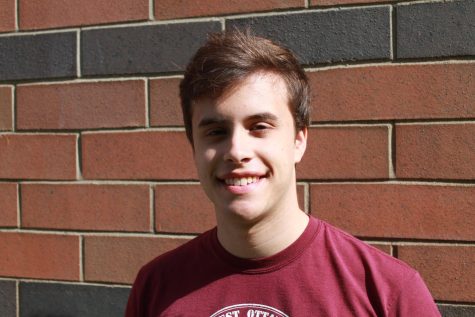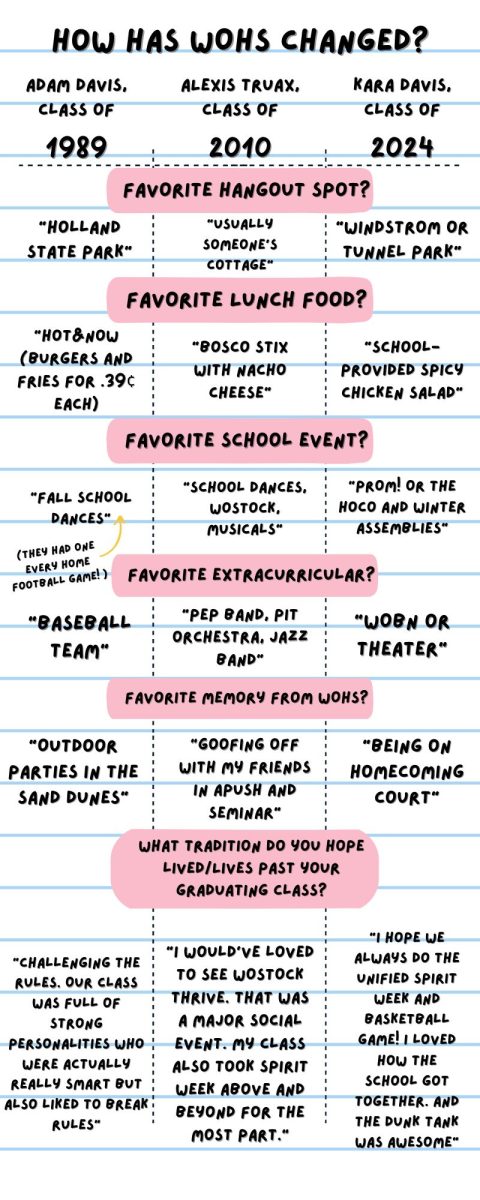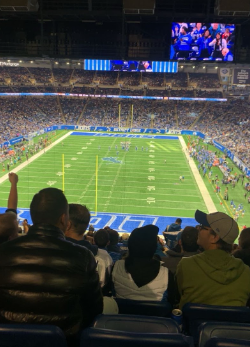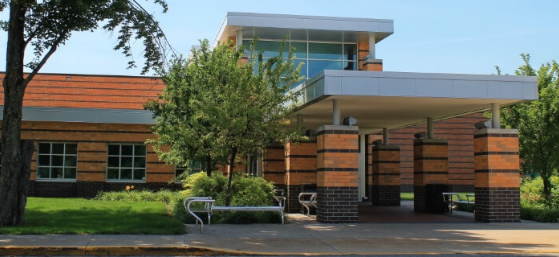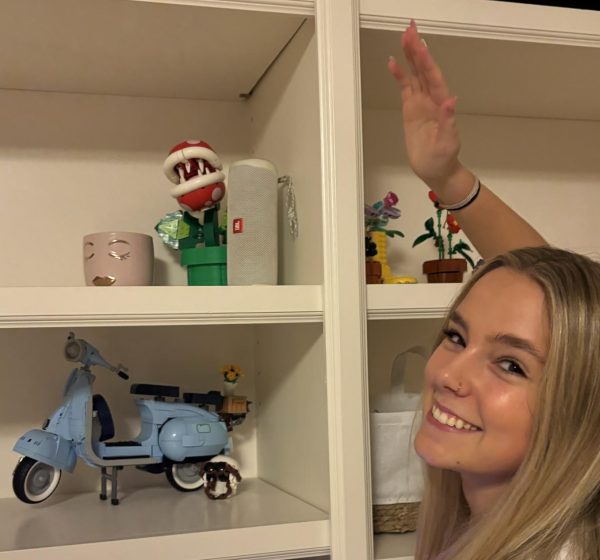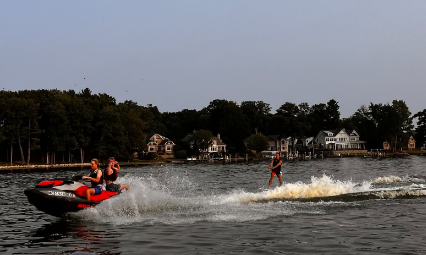What was Student Senate?
February 20, 2023
Every May, Student Senate holds an election to determine the next year’s senators and officers. When one student asks another student to vote for them, this uncomfortable situation normally follows.
“You gonna vote for me for vice president of Senate?”
“Yeah, sure, I guess. What does Senate even do?”
Even experienced Senate members sometimes have a difficult time answering that question. The group’s responsibilities and structures are easy to list, but it’s much difficult to turn that list into a statement that encapsulates the group’s chaotic 62 year history.
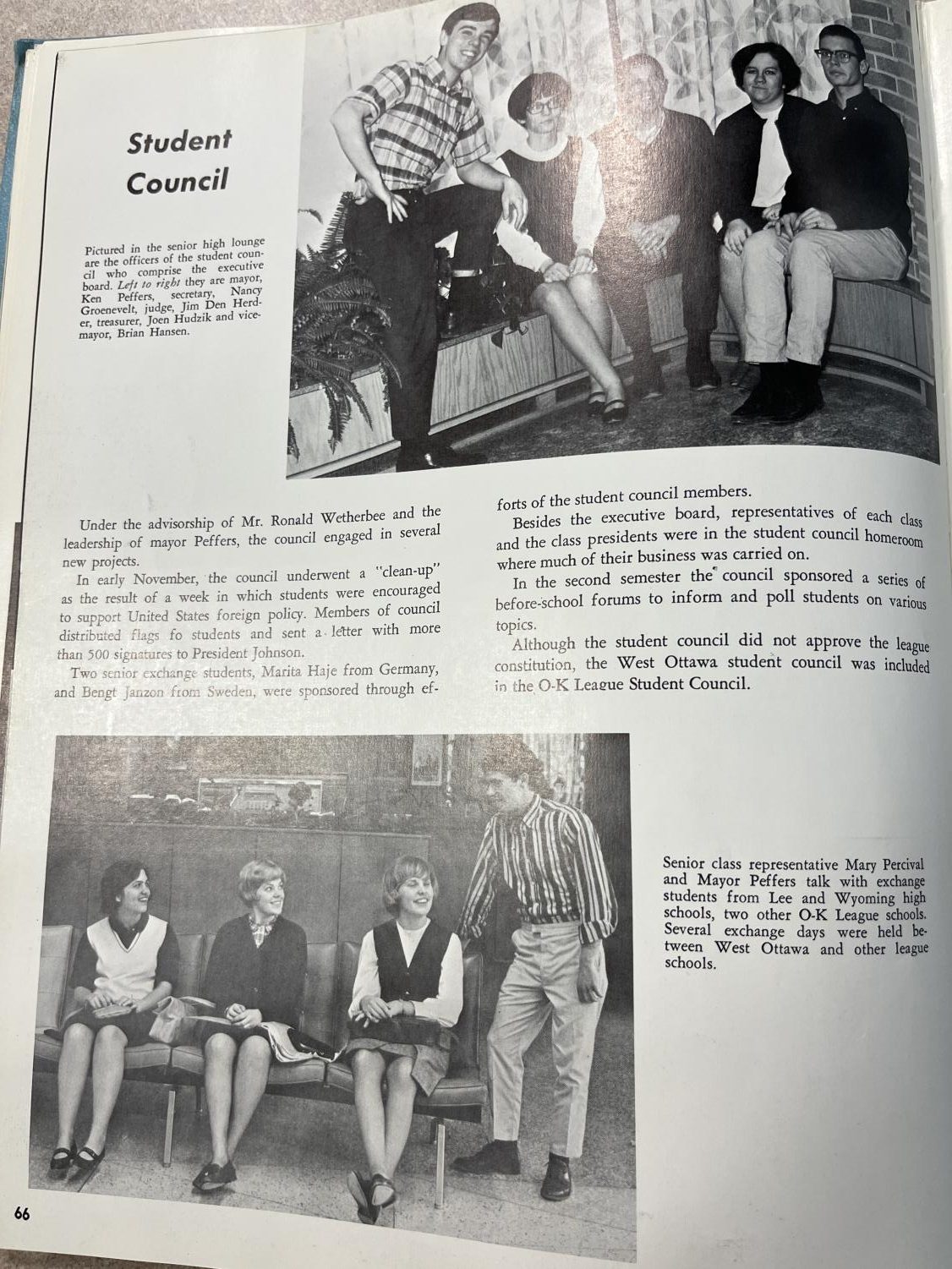
Student Senate was founded in 1961, just a few years after the high school itself. The entire school didn’t elect Senate members, instead homerooms (what would eventually become seminars) each elected their own representative. The group’s biggest responsibility, homecoming, was incredibly similar to how we know it today.
Loads of events like the annual Food Drive and clothing drive came and went over the years. Current instructor and former Student Senate member Shanna Meyer said, “We planned a dance at least once a month, if not more.” Some events stayed for years, like the Blood Drive, but others, like the Elf Auction, were quickly forgotten.
Outside of the events, Senate itself went through many phases of restructuring. One Senate staple, its annual election day convention, remained for decades until its abrupt end in the 2000s.
Each May, Senate representatives gathered in the PAC for an entire day. Those running for class and executive officer positions gave persuasive (and often comedic) speeches, and afterwards, the group would vote for their favorite candidate.
ICON, West Ottawa’s yearbook, reported on the convention nearly every year, typically giving it its own page. The convention started as a formal event, but eventually senior Senate members began using the event to pull pranks on the underclassmen until 1996, when the entire event came crashing down.
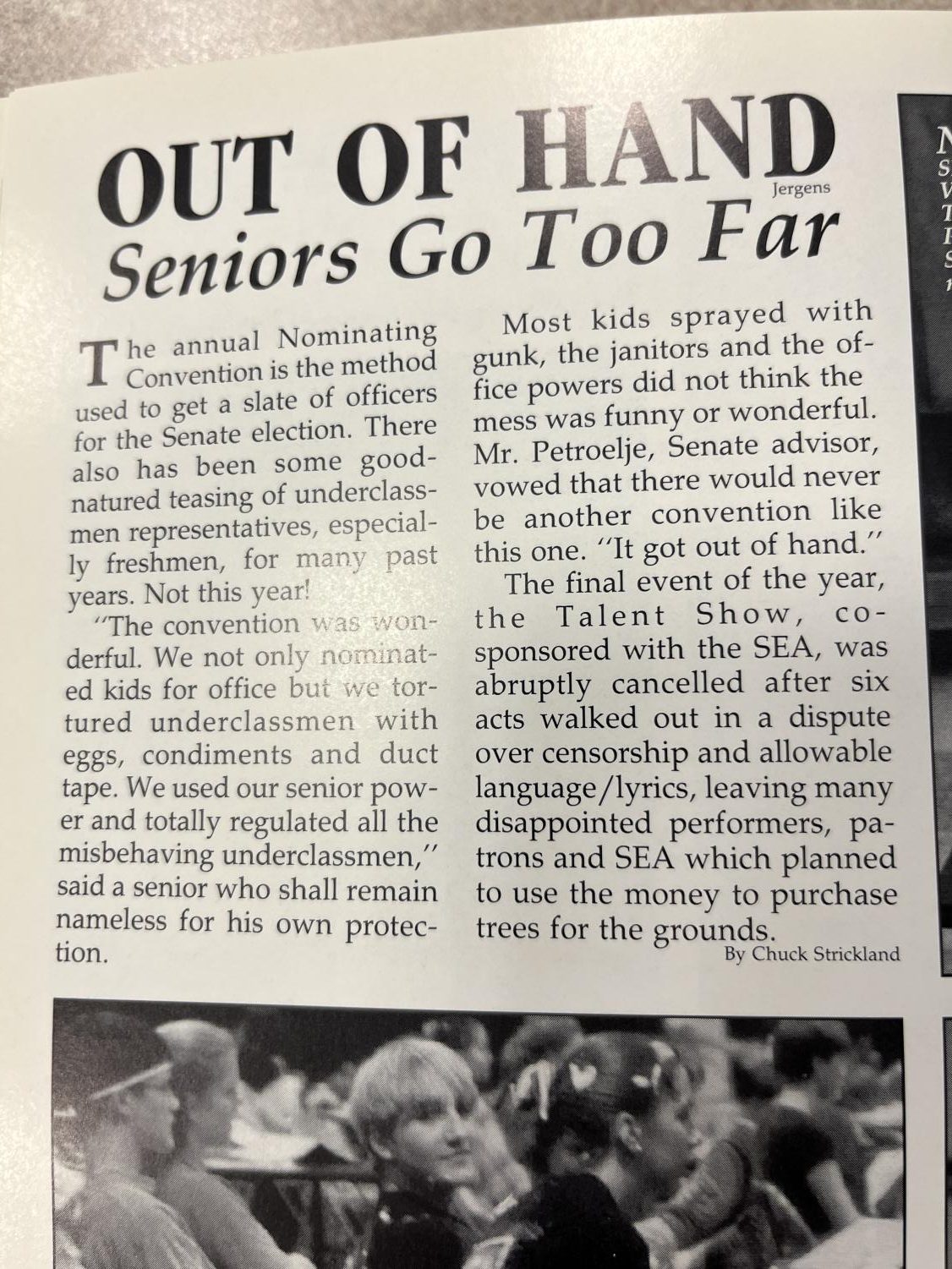
One anonymous senior in 1996 said, “The convention was wonderful. We not only nominated kids for office, but we tortured underclassmen with eggs, condiments and duct tape. We used our senior power and totally regulated all the misbehaving underclassmen.” Senate’s advisor at the time, Jack Petroelje, said that there would never be another convention like 1996, and that “it got out of hand.”
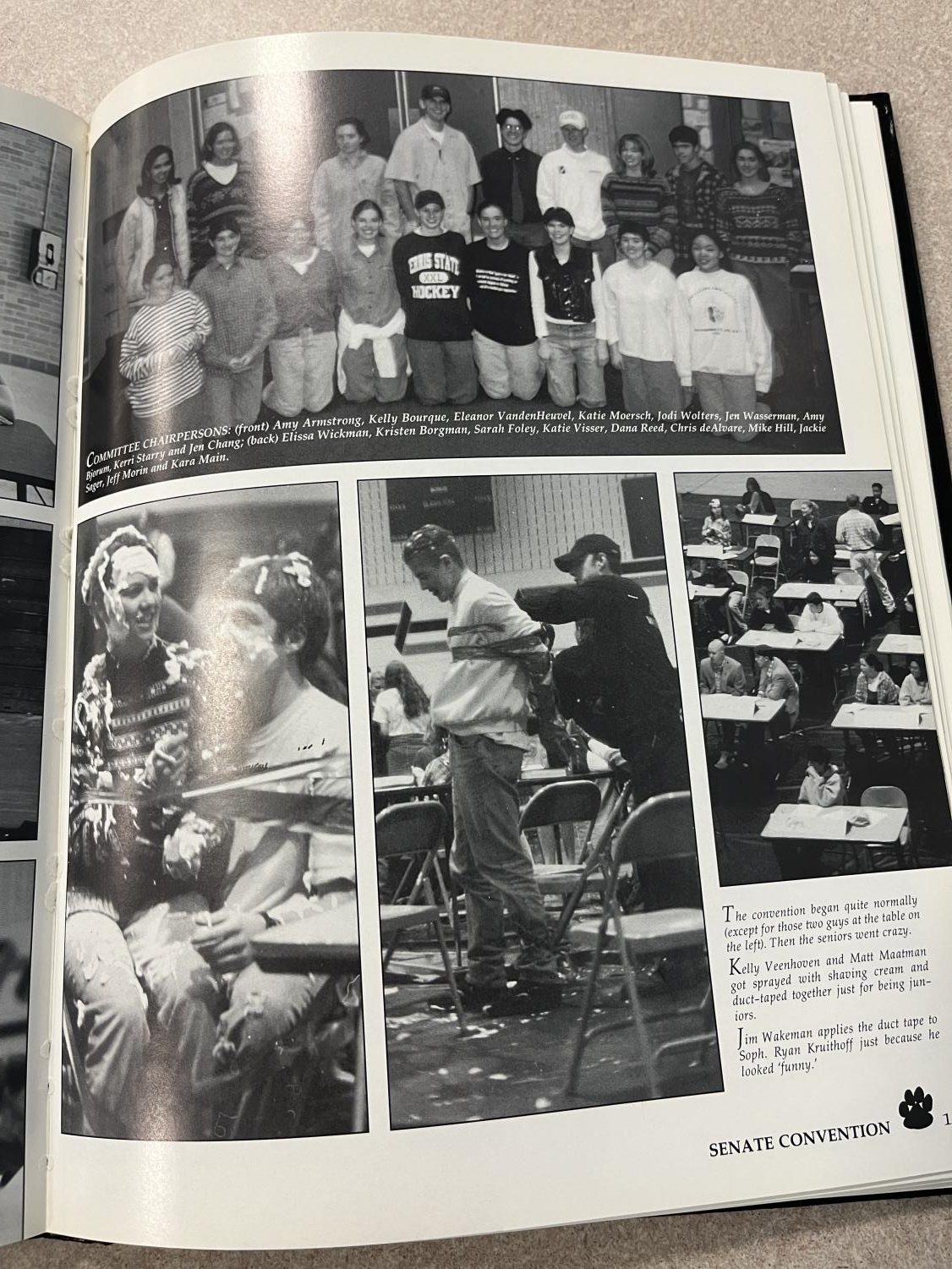
Understandably, the convention was quickly dropped, in favor of a new system where Senate members voted within a single seminar, and then eventually to the virtual system we have today.
But the convention doesn’t begin to describe all the adventurous ideas various senate classes had over the years. In 1975, 20 years before the convention day ended, Senate formed a bicameral legislature, with an “upper chamber” and a “lower chamber,” just like what the United States Congress’ House of Representatives and Senate. It’s not clear how this helped Senate with its responsibilities, though, which explains why the structure was canned after one year.
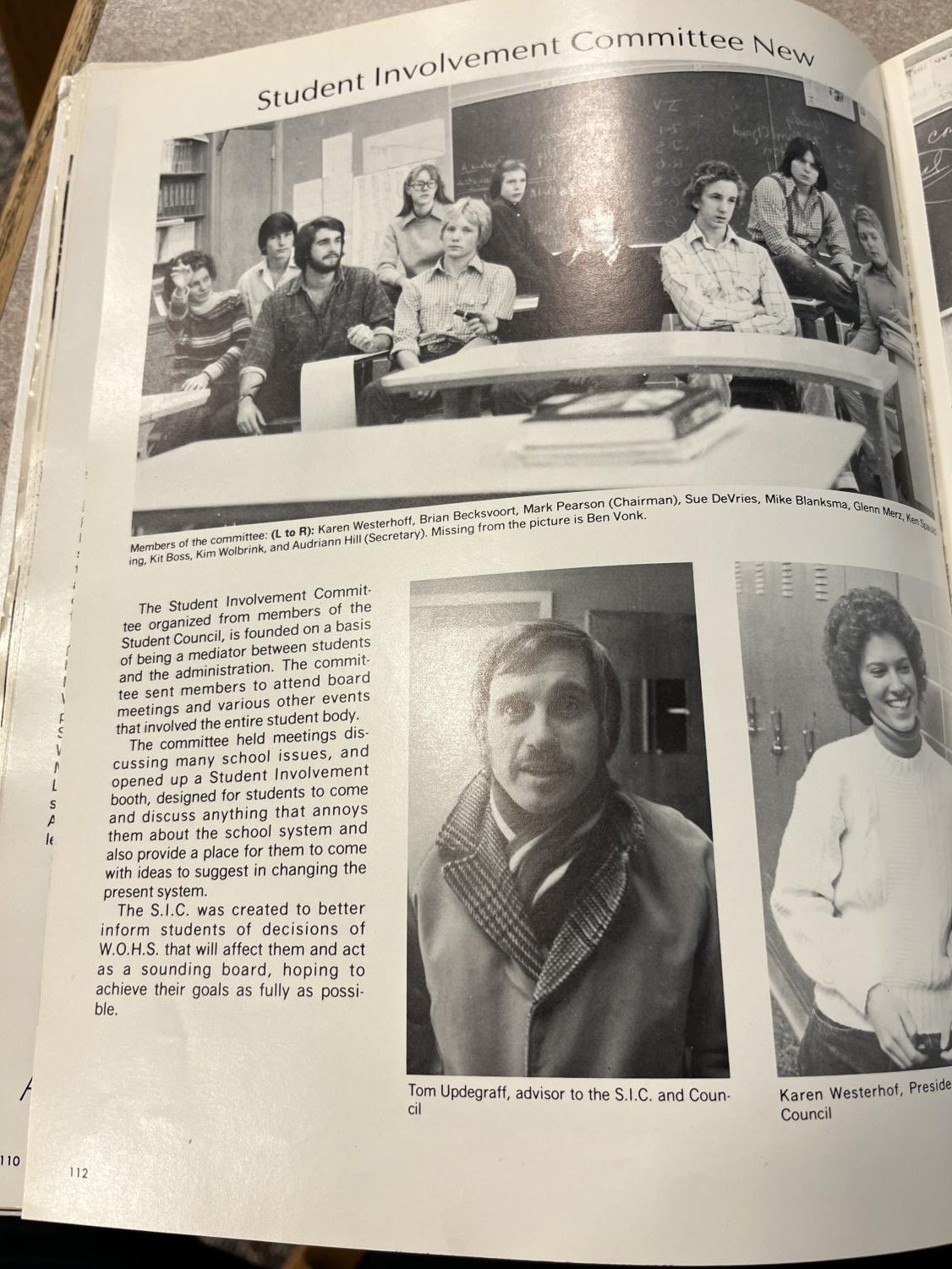
Also in 1975, a group of Senate members made a new Student Involvement Committee. This group listened to students’ concerns and voiced them to members of the administration team and school board. Unfortunately, the Student Involvement Committee disappeared just one year after they formed, but some of its ideas still live on through current efforts like the Senate’s Executive President presenting to the school board once a month, and Principal Kristine Jernigan’s new Principal Advisory Committee.
In the early 2000s, Senate started gaining its current reputation as a student leadership group. Previously, the group completed its responsibilities, but they weren’t exactly productive.
Before the 2000s, Senate was very top heavy, with just a few people (namely the class officers and executive officers) doing the heavy lifting while a majority of members took the time to hang out with their friends. This was because Senate meetings weren’t yet being held during seminar (which didn’t exist until 1995), they were instead being held during class time, and many students would sign up for Senate just to get out of class.
However, in the late 90s and early 2000s, under the leadership of current WO instructors and former Senate advisors Andrea Andreadis and Michelle Stoel, the group got more organized, and got more of its members involved.
Former Senate advisor and current WO instructor Kristen Renes took the helm in 2008, and instituted the final changes which made Senate what it is today. “I brought with me from my former position as a Student Council advisor in a different school district some organizational aspects based on Robert’s Rules of Order and committee assignments to bring in a bit more structure and be as efficient as possible,” Renes said.
The group solved its participation issues by creating standing committees that would work together for the entire year, regardless of whether there was a big event coming up. This eliminated members’ excuses for wasting time with their friends, because they had specific responsibilities they were in charge of every day.
Also in Renes’ tenure as an advisor came new events like Senior Survivor (introduced by former instructor Anne Armstrong) and student-run assemblies, which gave students even more opportunities to grow their leadership skills while helping the WO community. Senior Survivor has raised over $200,000 over the past nine years, hundreds of children across the district receive toys every holiday season because of the Toy Drive, and the Blood Drive has saved thousands of lives across the state.
Just as West Ottawa has evolved, Student Senate has evolved. Through constant experimentation and improvement, West Ottawa’s Student Senate is now one of the most productive and well-organized student groups in the state, and it’s all thanks to the ideas of hundreds of students, teachers, and advisors over over 60 years.

